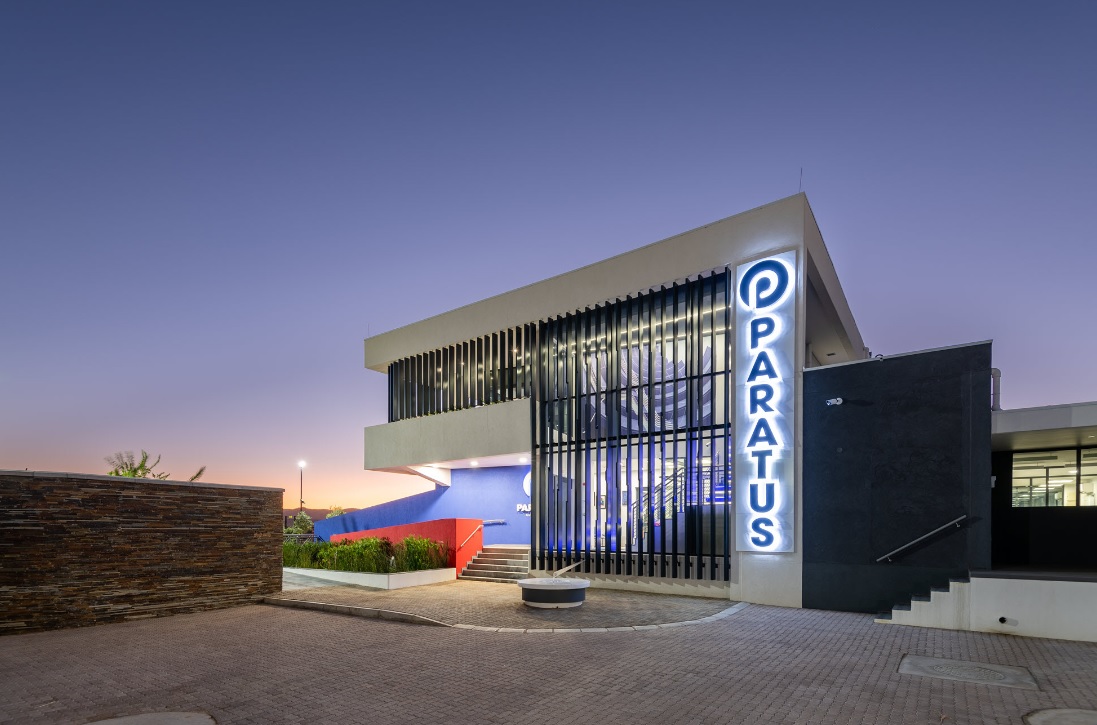Paratus Group secures millions in financing
Expanding fibre and data centre
The facility will enhance last mile connectivity and introduce more reliable internet services across three sub-regions and six countries in Africa.
Paratus Group Holdings, a Namibian telecommunications company, has secured a US$31 million debt facility, about N$570 million, for the expansion of its fibre and data centre business over the next three years.
The deal was struck with Emerging Africa Infrastructure Fund (EAIF), a private infrastructure development group company, and its fund manager, Ninety One.
The facility will enhance last mile connectivity and introduce more reliable internet services across three sub-regions and six countries in Africa - Angola, Mozambique, Namibia, Republic of Congo, South Africa and Zambia, EAIF said in a statement.
“Widening access to fibre and data centres in key African markets will progress development and inclusive growth – maximising opportunities in countries where entrepreneurial spirit abounds,” Paratus CEO Schalk Erasmus said.
“EAIF and Ninety One’s commitment sends the right signal to the rest of the market and reinforces our mission to support a more connected and technologically advanced Africa,” he added.
Demand
Commenting on the transaction, Sine Zulu, investment specialist at Ninety One and fund manager of the Emerging Africa Infrastructure Fund, said: “This financing is a key demonstration of the growing demand for connectivity and data on the continent.”
The expansion of Paratus’ fibre business will include three new fibre routes connecting Walvis Bay-Johannesburg-Maputo, Brazzaville-Johannesburg-Maputo, and Luanda-Lusaka-Dar Es Salaam, adding to a fibre network of over 10 000 km. The projects, linking the west and east African coasts, will enhance connectivity, data transmission and access to digital services.
EAIF’s investment will also help finance the construction of Angola’s first Tier IV data centre, Paratus’ fifth carrier neutral data centre in southern Africa, adding to its two other Tier III data centres in the Angolan capital, Luanda.
The 10MW facility will position Paratus’ network in Angola as a key regional hub and capture opportunities created by the Equiano subsea internet cable, connecting Europe to Africa’s west coast.
The deal was struck with Emerging Africa Infrastructure Fund (EAIF), a private infrastructure development group company, and its fund manager, Ninety One.
The facility will enhance last mile connectivity and introduce more reliable internet services across three sub-regions and six countries in Africa - Angola, Mozambique, Namibia, Republic of Congo, South Africa and Zambia, EAIF said in a statement.
“Widening access to fibre and data centres in key African markets will progress development and inclusive growth – maximising opportunities in countries where entrepreneurial spirit abounds,” Paratus CEO Schalk Erasmus said.
“EAIF and Ninety One’s commitment sends the right signal to the rest of the market and reinforces our mission to support a more connected and technologically advanced Africa,” he added.
Demand
Commenting on the transaction, Sine Zulu, investment specialist at Ninety One and fund manager of the Emerging Africa Infrastructure Fund, said: “This financing is a key demonstration of the growing demand for connectivity and data on the continent.”
The expansion of Paratus’ fibre business will include three new fibre routes connecting Walvis Bay-Johannesburg-Maputo, Brazzaville-Johannesburg-Maputo, and Luanda-Lusaka-Dar Es Salaam, adding to a fibre network of over 10 000 km. The projects, linking the west and east African coasts, will enhance connectivity, data transmission and access to digital services.
EAIF’s investment will also help finance the construction of Angola’s first Tier IV data centre, Paratus’ fifth carrier neutral data centre in southern Africa, adding to its two other Tier III data centres in the Angolan capital, Luanda.
The 10MW facility will position Paratus’ network in Angola as a key regional hub and capture opportunities created by the Equiano subsea internet cable, connecting Europe to Africa’s west coast.




Comments
Namibian Sun
No comments have been left on this article